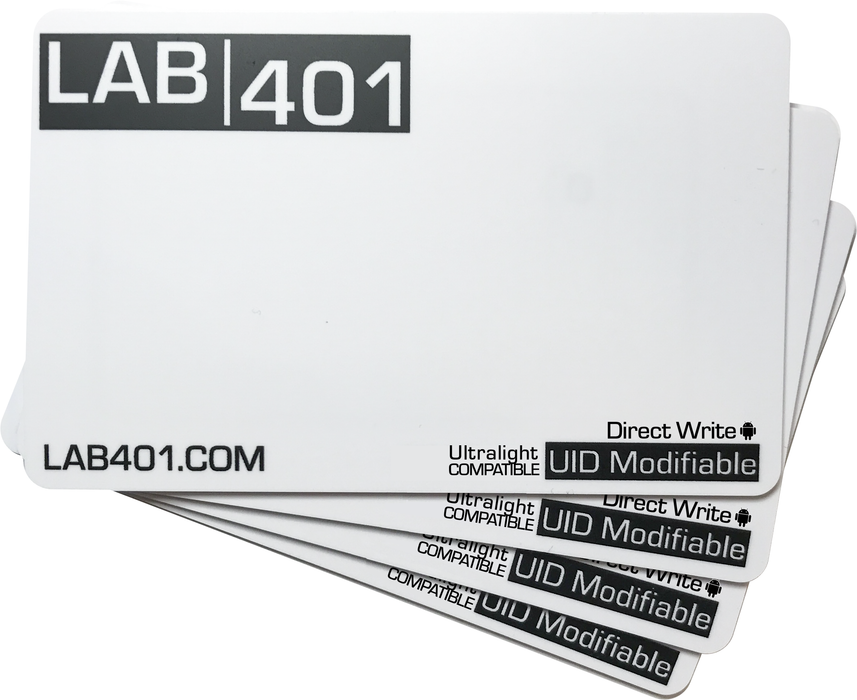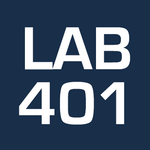

INTRODUCTION
Need to make perfect clones of MIFARE Ultralight® cards and tags ? Our UID Modifiable "Magic" MIFARE Ultralight® Compatible Direct Write tags are what you need.
| Feature | Information | Notes |
|---|---|---|
| Chipset | MIFARE Ultralight® Compatible | |
| Memory Size | 48 Bytes | |
| UID Size | 7 Byte | |
| UID Modifiable | ✔️ | Multiple times |
| Chip Generation | Gen 2 | Chipset Generation Guide |
| Packaging | 1 Card |
| UID Modifiable | Unlock Required | DirectWrite / Block 0 | One Time Write | Notes |
|---|---|---|---|---|
| ✔️ | ✔️ |
| Compatibility | UID | R/W | Config | Notes |
|---|---|---|---|---|
| Flipper Zero | ✔️ | ✔️ | ✔️ | |
| Proxmark / iCopy-X | ✔️ | ✔️ | ✔️ | |
| Android & iOS | ✔️ | ✔️ | ✔️ | MTools or MIFARE++ Ultralight |
| LibNFC | ✔️ | ✔️ | ✔️ | |
| ChameleonUltra | ✔️ | ✔️ | ✔️ | Requires MTools |
Hands on: See the card in action
The Ultralight® Compatible Direct Write UID Modifiable can be used with several tools:
LibNFC - change UID
To change the UID of your Ultralight® Compatible DirectWrite UID Modifiable tag with LibNFC, write a full tag dump to the tag, with the UID and BCC set appropriately. Do not use the
nfc-mfsetuid
tool to change the UID. This tool is built for MIFARE Classic® Chipsets, not MIFARE Ultralight® Chipsets - using the tool will permanently brick your tag.
nfc-mfultralight w /tmp/ul.dmp --full # Replace ul.dmp with your FULL dumpProxmark / iCopy-X
hf mfu setuid –uid 11223344556677 # Replace 11223344556677 with the UIDLive Demonstration : LibNFC
Unbricking
"Soft-bricking" refers to when a magic card has been configured in a way that prevents it from being detected. Ways of soft-bricking tags include:
- Incorrect BCC
- Incorrect SAK
- Incorrect ATQA
- Incorrect ATS
- Incorrect ACL (Access Control) Values
Some "soft-brick" situations can be resolved with special commands. If your MIFARE Ultralight® Compatible UID Modifiable is "soft-bricked", you can try recovering it with the following methods:
Via external reader/writer and MTOOLS
Select the "UID Changer" function in MTools, select "bricked" and run the task
IMPORTANT:
Lab401 cannot provide refunds under any circumstances for cards that were 'bricked' due to incorrect configurations.
